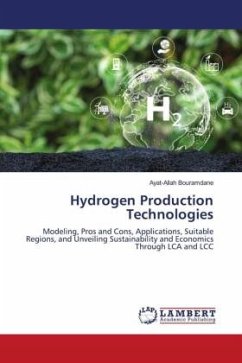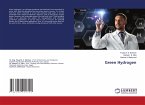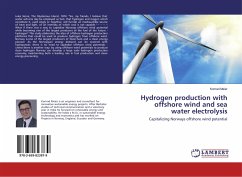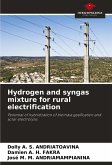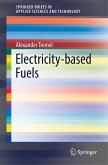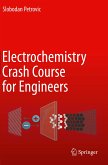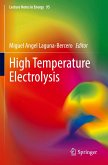This comprehensive book explores hydrogen's potential as a sustainable energy solution with transformative effects on industries and environmental concerns. The first chapter extensively reviews prominent hydrogen production methods like Steam Methane Reforming (SMR), Partial Oxidation (POX), and Autothermal Reforming (ATR), offering insights into their characteristics, modeling intricacies, benefits, drawbacks, real-world usage, and geographical viability. Building on this, the second chapter widens the exploration to encompass additional technologies, including biomass gasification, solar water splitting, and electrolysis, employing robust Life Cycle Assessment (LCA) and Life Cycle Cost (LCC) methodologies to analyze their environmental impact and economic feasibility. The book strikes a balance between technical depth and practical insights, serving as an essential guide for researchers, engineers, policymakers, and students seeking a comprehensive understanding of hydrogen production technologies.
Bitte wählen Sie Ihr Anliegen aus.
Rechnungen
Retourenschein anfordern
Bestellstatus
Storno

